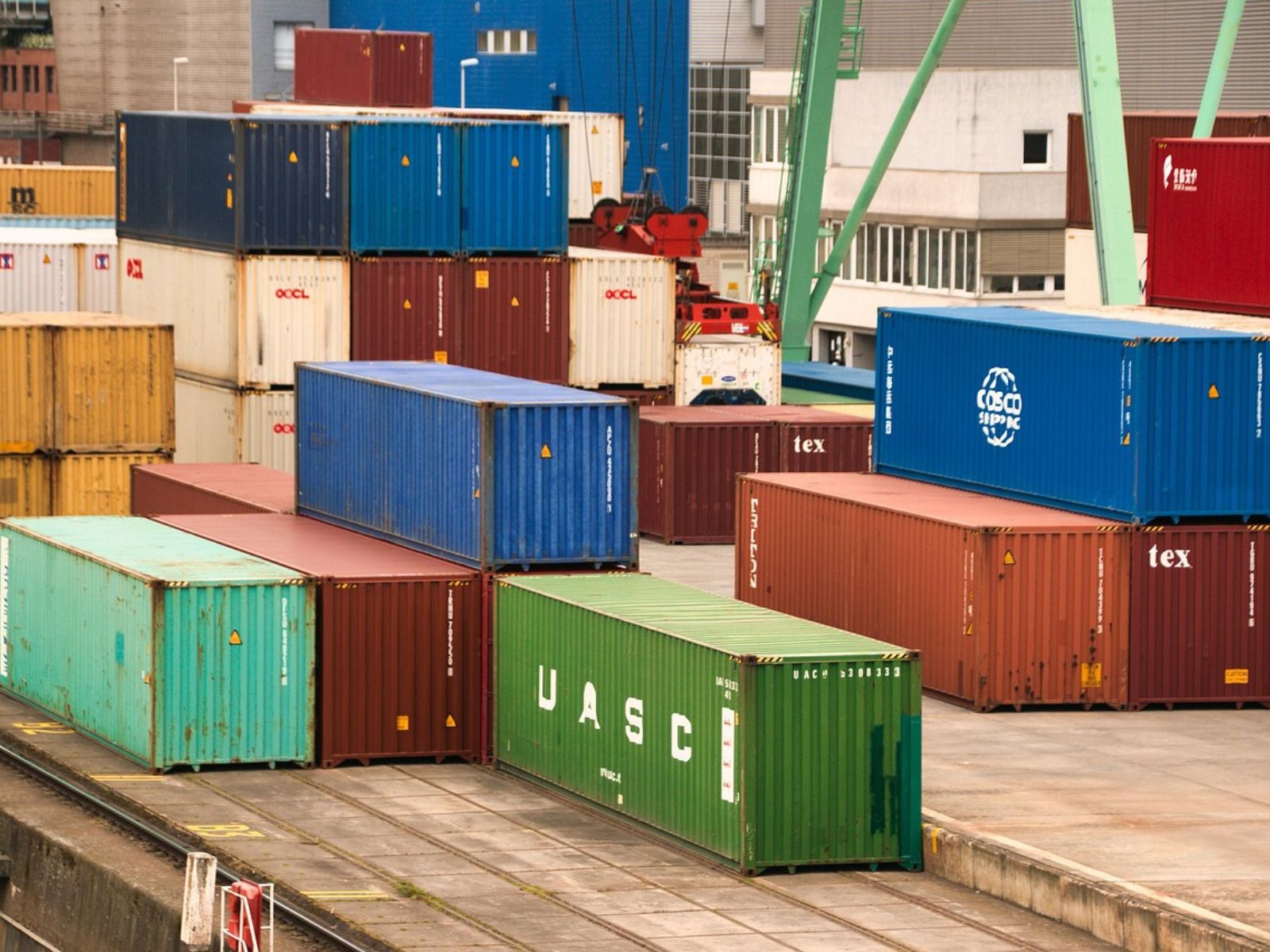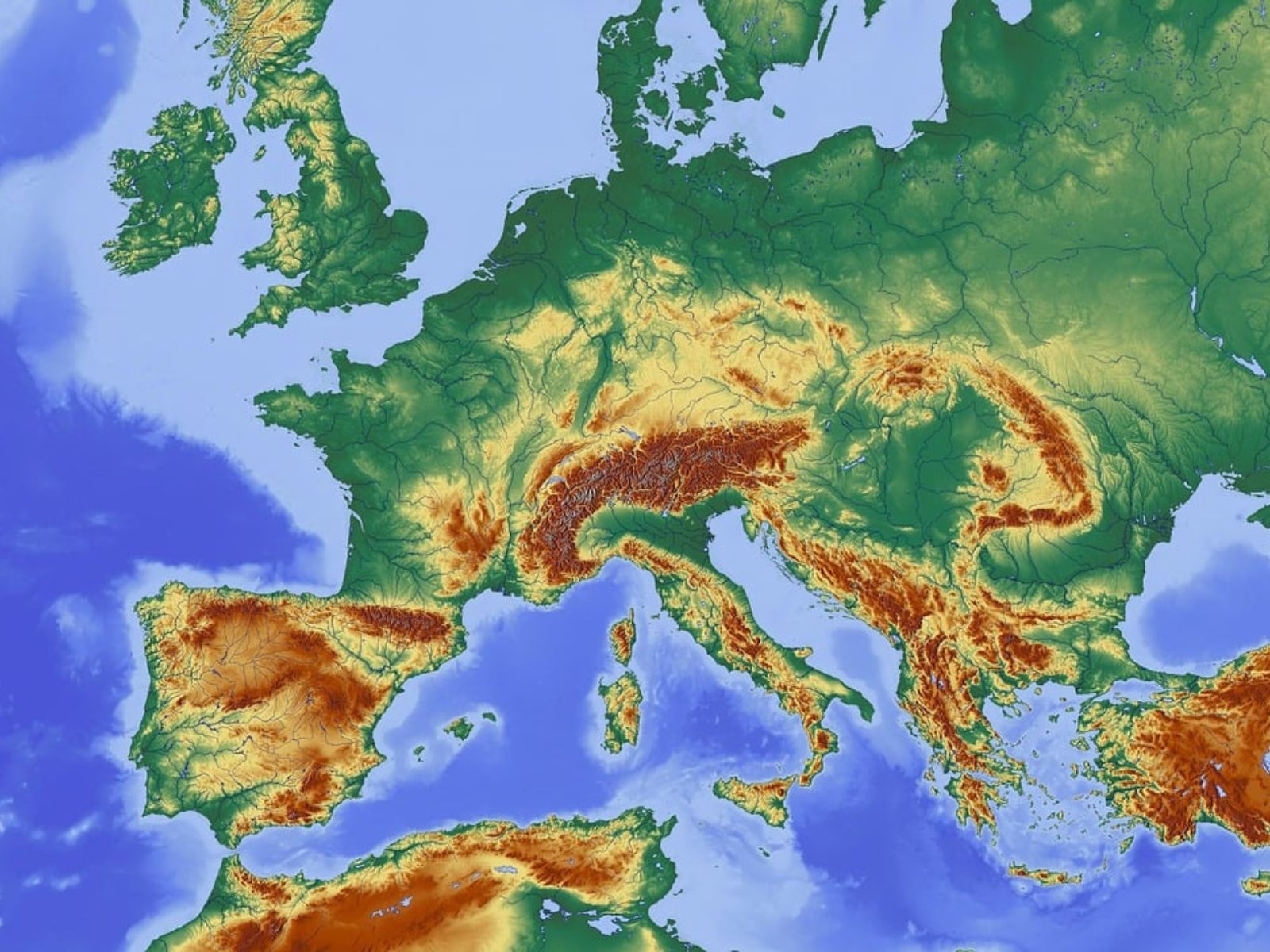
Germany Still Set to Be Biggest Importer of Canadian Cannabis

Germany Still Set to Be Biggest Importer of Canadian Cannabis
Everyone paying attention to the international cannabis business industry knows that Canadian companies have been leading the global marketplace, thanks to a pioneering nationwide medical legalization law and countries like Germany willingly accepting cannabis imports from the Great White North. As Germany’s medical population has exploded, the nation’s patients have relied more and more on Canadian cannabis as no German cultivation licenses have been issued. The importation of Canadian cannabis was put at risk while the German government complained that the full legalization for all adults violates the UN Single Convention on Narcotics.
As Michael Knodt writes for the German Cannabis Association (DHV) Germany determined that Uruguay’s legalization law prohibited that nation from exporting cannabis, but stopping Canadian cannabis would have a severe detrimental impact on Germany’s patients, thus importation from Canada is continuing:
Uruguay violates the UN treaties in principle and therefore can not export. In the case of Uruguay, it does not matter to the federal government whether the complaint was made on the basis of medicinal cannabis or cannabis for free consumption. In the case of Canada, things now seem different. Although the Trudeau government has announced that it will legalize in accordance with the agreement. But nobody knows how exactly to do that. Because the unitary agreement expressly allows cannabis only for medical use and expressly prohibits legalization for recreational purposes. Finally, it was launched 57 years ago to make cannabis and other substances disappear from this earth in the long term.
But given the supply shortages that exist anyway, stopping imports would mean that tens of thousands of patients would be left without medicine. The capacity of the only producer in the Netherlands that would remain in such a case is far from sufficient to meet the needs of German pharmacies.
The German government currently has the position that imports from Canada are fine even after the Trudeau government legalizes for all adults, violating its international treaty obligations. The UN’s International Narcotic Drug Control Council (INCB) has yet to admonish Canada like it did Uruguay. It will be interesting to see how countries respond to such a formal complaint. I predict that governments will find ways to put the livelihood of their patients and citizens above the provisions of an outdated international cannabis policy.
The German Cannabis Association (DHV) pressured the government to clarify its position about Canadian imports with full legalization ahead. As a result, patients will maintain an adequate supply of medicine. Too many patients are already experiencing supply issues and the cost of medical cannabis remains too high. Switching off the Canadian supply chain would hurt too many patients and increase costs for their insurers. Now, DHV is calling on the government to reconsider the status of Uruguay as well. DHV CEO Georg Wurth states, “We want clear and fair regulations in this market.”
The German Cannabis Association is at the forefront of fighting for safe access for patients, promoting sensible regulations, and legalizing for all adults. All cannabis reformers should support the work led by activist pioneer Georg Wurth as Germany helps lead all of Europe towards a progressive cannabis policy that brings more freedom, revenue, and jobs to the EU. Click here to support the hard work of the German Cannabis Association and end the failed and harmful war against the cannabis community.
Share article


Share article
Join Our Awesome Community
Join Our Awesome Community
Join Our Awesome
Community
Get all the latest industry news
delivered to your inbox







